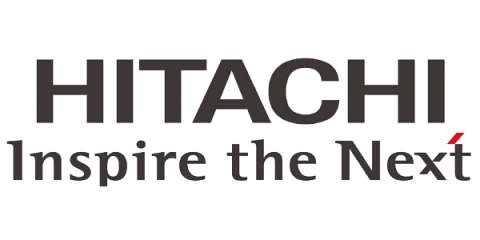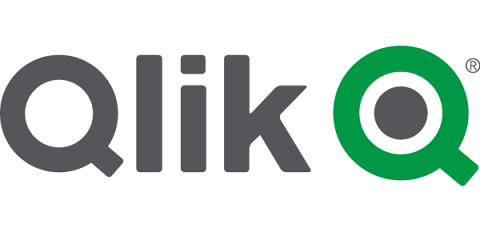Systems | Development | Analytics | API | Testing
BI
Sales Compensation in a Consumption Pricing World
Today’s organizations want stronger alignment between the cost of SaaS solutions and the value derived from these products. As a result, many software companies are looking at adopting consumption-based pricing models as an alternative to subscription models. With consumption-based models, customers only pay for what they use, and usage is tied directly to the value customers derive. Of course, consumption means software companies don’t experience revenue until customers use the solution.
[DEMO] Bring data experts to solve data quality issues
Future of Data Meetup (2022): Using Apache Iceberg for Multi-Function Analytics in the Cloud
5 Reasons to Use Apache Iceberg on Cloudera Data Platform (CDP)
Please join us on March 24 for Future of Data meetup where we do a deep dive into Iceberg with CDP
Building Production-Ready Machine Learning Features on Snowflake with Tecton's Feature Store
We are excited to announce the integration of Tecton’s enterprise feature store and Feast, the popular open source feature store, with Snowflake. The integration, available in preview to all Snowflake customers on AWS, will enable data teams to securely and reliably store, process, and manage the complete lifecycle of machine learning (ML) features for production in Snowflake. Tecton allows data teams to define features as code using Python and SQL.
Lower Privacy Risks and Transform Your Business with a Unified View of Data
It’s one thing to talk about orchestrating and automating your organization’s data operations. It is quite another to gain the confidence that comes with having a unified view of your data. This just-in-time view of the truth simultaneously reduces data privacy risk and enables your business to pursue data-driven goals.
How to Prepare Your Workforce For the Future Data-Driven Enterprise
The digital revolution has truly transformed modern organizations, embedding data and analytics in every business process and customer interaction. Advances in technology enable smart supply chains with predictive analytics, automated logistics for same-day delivery, and AI advisors that reduce medical errors. As this continues, workers in all roles will need new a new skill—data literacy—to collaborate with these systems and each other.
Cloud Integration 101
Businesses and organizations of all types have embraced cloud integration to transform data into business intelligence. The reason for this is simple: more and more business operations are happening in hybrid cloud — or even fully cloud-to-cloud – environments, and without proper tools to manage data in the cloud, data can become siloed, overlooked, or lost altogether.
How to Accelerate Value from Merger and Acquisition Strategies with Cloudera Data Platform (CDP)
The Covid-19 pandemic has resulted in an unprecedented global economic landscape that is dominated by loose monetary policies, low borrowing costs and influx of capital in the equity markets. Against that backdrop, Mergers and Acquisitions (M&A) activity has surged since 2021 as companies are trying to take advantage of the current environment and adapt to the new business realities shaped by the global pandemic.










